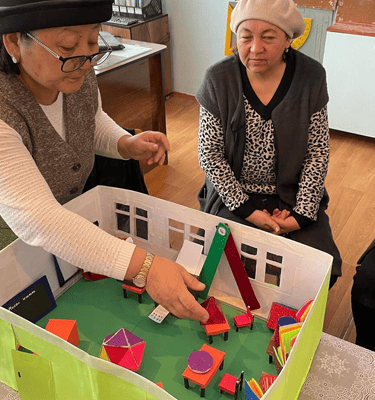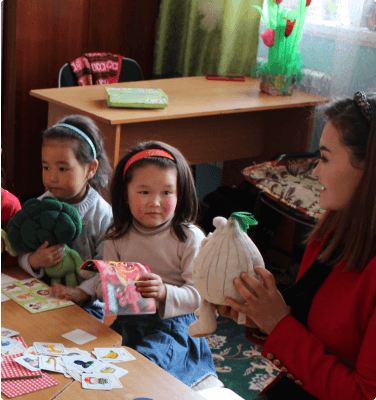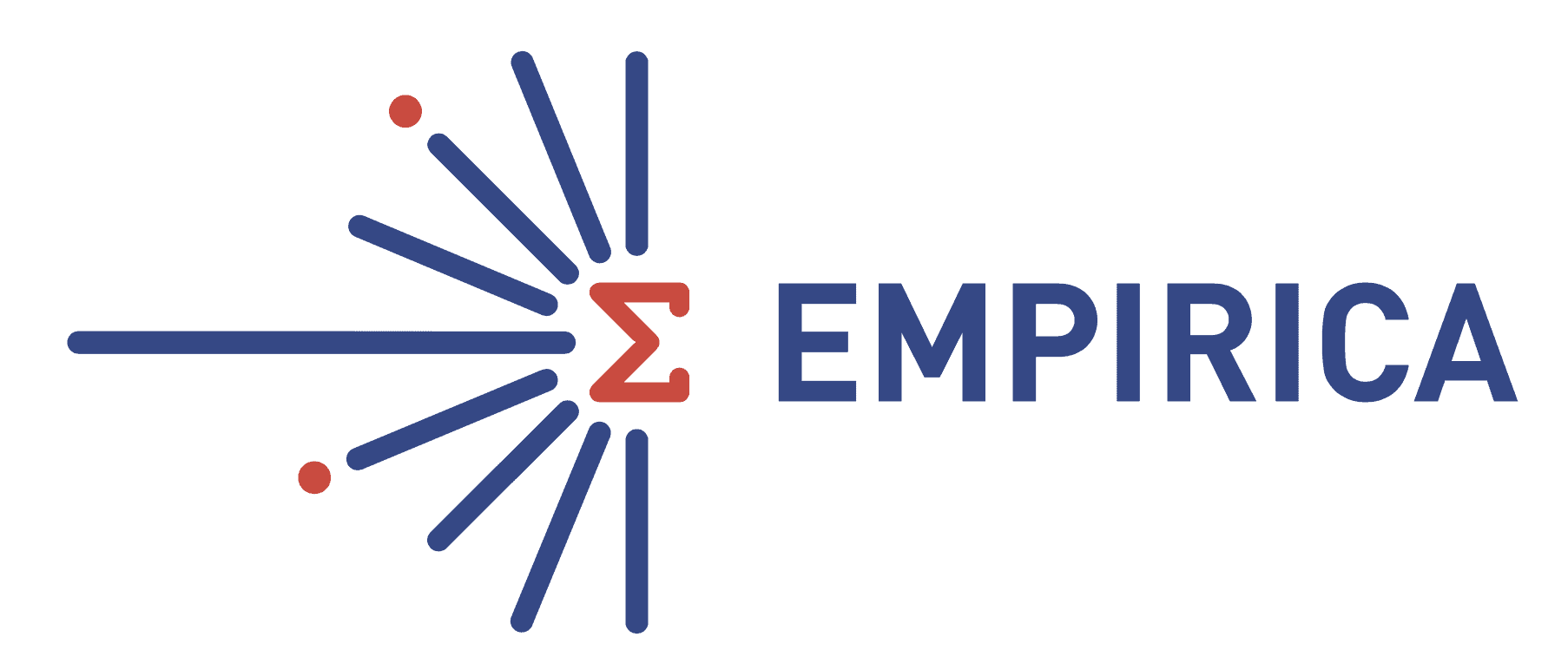Schools2030 KYRGYZ REPUBLIC
Schools2030 operates in four oblasts in the Kyrgyz Republic – Chui, Batken, Naryn and Osh – as well as in the capital, Bishkek.
The Education Development Strategy of the Kyrgyz Republic for 2021-2040, approved in 2021, sets out a series of goals including access to high quality education for everyone, regardless of socio-economic status, ethnicity, religion, or gender. The strategy also emphasises the introduction of a holistic approach to learning aimed at developing the physical, intellectual, cognitive, social, and emotional abilities of every learner. One of the greatest challenges facing the education sector in the country is the quality of education when nearly half of the students demonstrate knowledge and skills below the established national standards.
Our Team in the Kyrgyz Republic

Nazira Zholdoshbekova
Education Programme Manager

Marlen Alishev
Schools2030 National Coordinator

Farida Torobekova
Regional Education Coordinator (Osh and Batken oblasts)

Nazgul Kurmanbekova
Regional Education Coordinator (Naryn oblast)
Jypara Tashmamatova
ECD Programme Manager
ASSESS
The National Advisory Committee in the Kyrgyz Republic – comprised of representatives from the Ministry of Education and Science of the Kyrgyz Republic, the Kyrgyz Academy of Education, the Republican Institute for Advanced Training and Re-Training, and various national and district level education authorities and experts – met early in 2021 with the Schools2030 team to determine what should be focused on for assessment and later innovation work. Learning domains were selected that align with curricular priorities and encompass the academic and non-academic skills on which the programme will focus.
The National Learning Partner and Assessment Partner was brought on board to support the development of rapid assessment tools for the domains, with technical support also provided by Oxford MeasurEd, the Global Assessment Coordinating Partner. These tools are designed to support teachers to qualitatively assess their students on non-academic domains for which there are no pre-existing assessment tools in the country.
So far, over 300 teachers have received assessment trainings in schools across various regions. The evidence drawn from these assessments have been used by teachers in the early stages of their HCD design work. A set of more robust and validated assessment tools have also been developed, including a contextualised version of the Save the Children’s IDELA, which has never before been used in the country.
Access examples of assessment tools
from across our programme countries.
All these tools are available free to download below and will continue to be refined and iterated to ensure robust psychometric validity.
INNOVATE
The Schools2030 Kyrgyz Republic team have worked to refine the initial Human-Centred Design (HCD) model, and alongside the National Learning Partner, the Assessment Partner and a team of facilitators have used feedback to refine and further contextualise the process. The HCD Toolkit has now been translated into Kyrgyz and Russian.
The team conducts HCD workshops at school level across the target regions, with trainings taking place in three rounds. The first of these rounds included ‘Launch, Explore, Define and Generate’ phase, the second round a ‘Make and Test’ phase, and the third a ‘Test and Iterate’ phase. At the end of each year, the target Schools2030 schools present their innovations at regional level and provide feedback to one another. The innovations show how teachers are combining a focus on academic and non-academic skills to improve student engagement and learning. They will continue to test and refine these innovations, as well as create new ones through the HCD process, over the coming years.

Maths Lab
DESIGNED BY: Barpy Alykulov school, Osh
TO IMPROVE: Foundational numeracy, problem-solving
AGE GROUP: 15+
The ‘Maths Laboratory’ are classrooms with stations set up with different problems to solve, and students build conceptual understanding as they work collaboratively on meaningful and concrete activities.
‘Cube’ and ‘Young Architect’ clubs
DESIGNED BY: Tugol uulu Usupbek School, Naryn
TO IMPROVE: Numeracy, digital skills, collaboration, problem-solving, communication, leadership, taking responsibility
AGRE GROUP: 10 and 15 years
For the club “Cube’ a small greenhouse has been constructed on the school grounds at the school. Students are tasked with planting vegetables like cucumber, tomato, and cabbage, while performing mathematical calculations throughout the growth process.
Show More
Through this process students will be able to develop a general mathematical understanding of growing plants. Over the summer, the school will tend to the plants, but in the autumn when the students are back in school, they will start operating it again, and calculate how much the vegetables have grown.
As part of the “Young architect” club, students enrolled in grade 9 will be required to design and later construct furniture for classrooms based on mathematical equations. Students will perform various calculations by using specialist software. The club will also offer lessons in robotics to increase improve mathematics and critical thinking. The club’s activities will also help students gain useful exposure to industries, such as architecture, design and IT.


TO IMPROVE: Foundational literacy, parental engagement, self-efficacy, communication.
AGE GROUP: 5+
Parents who are out of the country on migration join classes via a video link, where they are able engage with their children and their classmates through storytelling and other activities.
Download our HCD Tools for the Kyrgyz Republic to start creating education innovations in your school.
Schools2030 Human-Centred Design Toolkit
Full version: Kyrgyz
Schools2030 Human-Centred Design Toolkit
Sprint version: Russian
Schools2030 Human-Centred Design Facilitator Guide
Schools2030 Human-Centred Design School Leader Guide
Kyrgyz
SHOWCASE
Coming Soon
NEWS
partners
Country Assessment Partners, Evaluation Partners and Learning Partners


